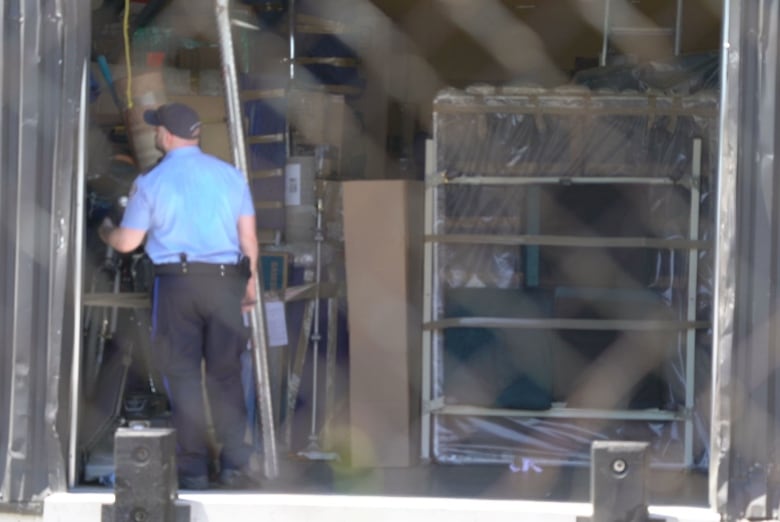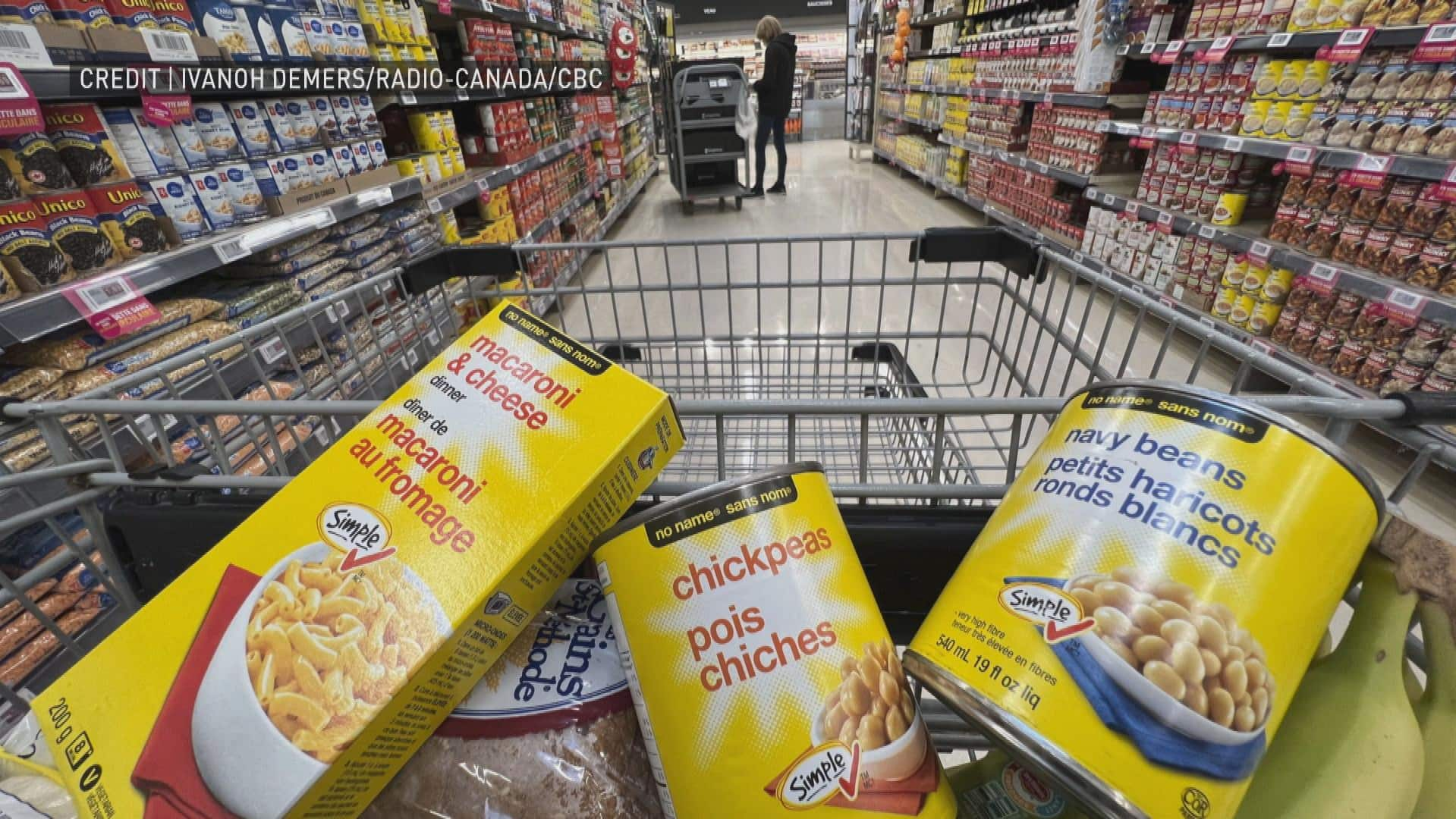
Miss something this week? Don’t panic. CBC’s Marketplace rounds up the consumer and health news you need.
Want this in your inbox? Get the Marketplace newsletter every Friday.
This teen waited almost 2 years for scoliosis surgery while his spine got worse
The ordeal that Cael Perry of Peachland, B.C., endured is exactly why experts are saying Canada’s long wait times for elective surgeries are at a “crisis” point.
In November 2020, Perry’s mother noticed a twist in his back. X-rays confirmed that the 15-year-old had scoliosis, and the C-shaped curve in his spine was already considered severe at an angle of 58 degrees.
It took until May 2021 for a specialist appointment, when new X-rays showed his spine had twisted to an angle of 80 degrees. Five more months passed before Perry was seen by a pediatric orthopedic surgeon in November 2021.
It wasn’t until September 2022 that he was booked for surgery. By that time, his spine was at a curve of 108 degrees.
Perry’s journey through B.C.’s health-care system points to the shortcomings in public health care for many types of elective surgeries, experts say. According to data provided by the Canadian Institute for Health Information (CIHI) and analyzed by CBC, nearly 30 per cent of Canadians didn’t receive their joint replacement or cataract surgery within medically acceptable time frames in 2019 — even before the COVID-19 pandemic arrived. Now, many Canadians are still waiting longer than they were three years ago for these procedures. Read more
In tonight’s episode, we explore why some doctors are calling for more funding into private health care, while others urge Canadians to keep their faith in the public system.
Tune into our investigation tonight at 8 p.m. (8:30 NT) on CBC TV, or on CBC Gem.

This expert is calling Loblaw’s decision to freeze prices on all No Name products until January a ‘PR strategy’
Canada’s biggest grocery chain is freezing prices on all its No Name products for the next three months.
Loblaw Companies Ltd. — which operates such grocery stores as Loblaws, Zehrs, No Frills and Real Canadian Superstore — says it has locked-in prices of the popular house brand, which includes more than 1,500 grocery items, until Jan. 31, 2023.
Jim Stanford, an economist and director of the research institute Centre for Future Work, said while many Canadian corporations have tried to paint themselves as the victims of inflation, their financial results show that they are in fact contributing to it.
“Corporate profits have soared right alongside consumer prices, and it isn’t a coincidence,” he told CBC News in an interview on Monday. “The evidence is clear that corporations are doing much more than passing on higher costs.”
Loblaw’s profits have indeed risen of late, with the company revealing net earnings of $387 million in its most recently completed quarter. That’s up by $12 million from this time last year and by $121 million from the same period in 2019, before the COVID-19 pandemic.
Other grocery companies reported similar trends.
Meanwhile, Loblaw chairman and president Galen G. Weston says the rising cost of groceries is “maddeningly” out of the company’s control, pointing to higher prices for everything from raw materials to energy and transportation. Read more
Loblaw Companies Ltd. has announced it will freeze the price of all No Name items for the next three months, a move that drew mixed reaction from shoppers on the streets of Toronto on Monday.
Toronto police have made multiple arrests and laid hundreds of charges in a moving company scam
Police say four people were arrested this week in connection with moving company fraud in Scarborough, Ont.
Back in June, officers executed a warrant against several budget moving companies following an undercover investigation by CBC’s Marketplace into a group of national moving companies accused of deceptive pricing.
According to police, and as revealed in the Marketplace investigation, companies would quote customers low amounts when they reached out online.
However, after the companies picked up a customer’s belongings, they would withhold the items until a higher amount was paid, typically thousands more than quoted.
In some cases, companies would hold belongings and threaten to sell them off unless the higher amount was paid.
Police listed 13 moving companies in the June warrant. Read More.
You can watch the full Marketplace investigation from March anytime on CBC Gem.

What else is going on?
Health Canada has recalled baby blankets, army men, and butterfly nets this week
Mittal International Brand’s baby blankets had risks of entrapment and choking, while Juvo Plus’s army action figure set and butterfly nets both contained lead and phthalates.
The price of vegetable oil has spiked more than other food items
Some say it can be attributed to Russia’s invasion of Ukraine, as Ukraine is the top exporter of sunflower oil globally.
Hearing aids just got dramatically cheaper in the U.S.
Major retailers and pharmacies are now allowed to sell them over the counter, and experts think Canada will follow suit … eventually.
Marketplace needs your help


Are you looking to get a better deal on your cell phone bills? We want to hear your story! Tell us about what you’ve tried, what’s worked, and what hasn’t. Write to us at [email protected].
Catch up on past episodes of Marketplace on CBC Gem.
